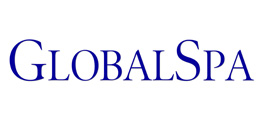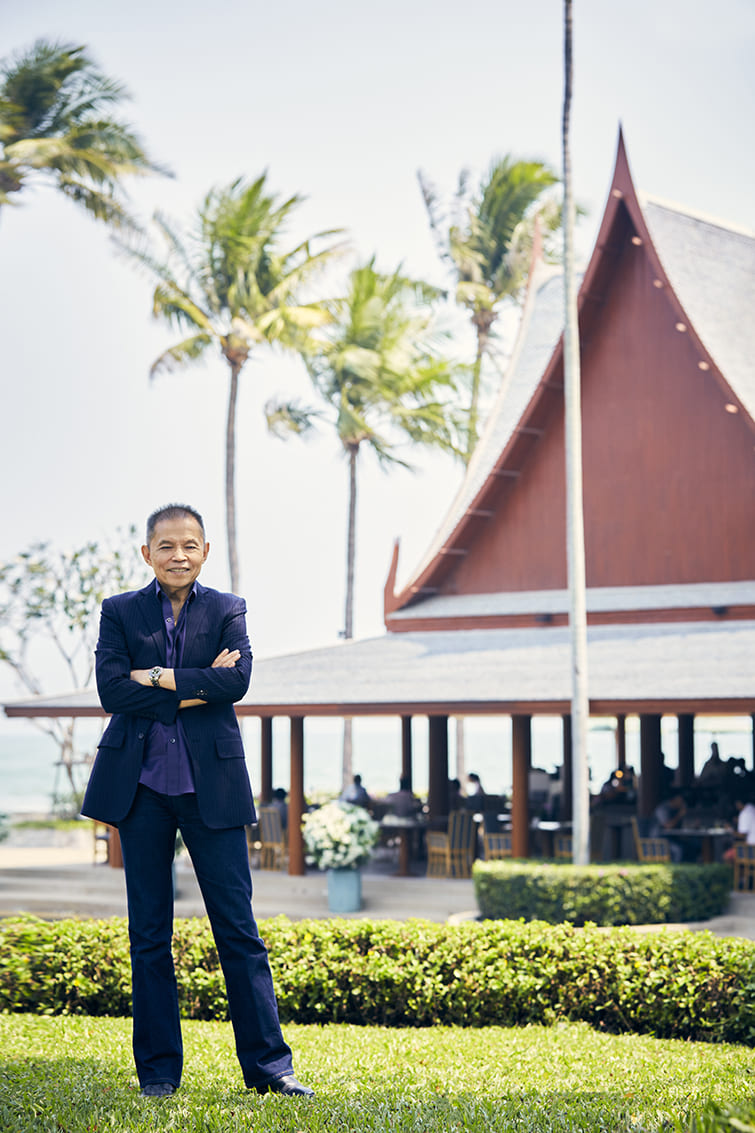Chiva-Som International Health Resort is a world-renowned destination on the serene shores of Hua Hin, Thailand. The founder of Chiva-Som, Boonchu Rojanastien, was the Deputy Prime Minister of Thailand before establishing the resort in 1995. Today, the resort is run by his son, Krip Rojanastien, now the Group Chairman and CEO. Chiva-Som is known for luxury, wellness, and transformation, and its name, “Chiva-Som,” translates to “Haven of Life” in Thai, which aptly describes this sanctuary dedicated to revitalising the mind, body, and spirit.
Recently, the resort extended its expertise to the Middle East by creating Zulal Wellness Resort by Chiva-Som. Zulal is the region’s first and only wellness resort dedicated to Traditional Arabic and Islamic Medicine (TAIM), and it offers a unique oasis for those seeking holistic rejuvenation and relaxation. Chiva-Som’s philosophy is rooted in the belief that optimal health encompasses physical, mental, emotional, and spiritual well-being. The resort offers a harmonious blend of traditional Thai hospitality and cutting-edge medical expertise, catering to guests seeking profound wellness experiences.
During an exclusive interview with GlobalSpa, Krip Rojanastien discussed genomics and the concept of family wellness, two of their latest practices in the holistic wellness space.
Here is an excerpt from this detailed and enlightening chat
1. First, we would like to congratulate you on the opening of Zulal Wellness. It is apparently the biggest wellness destination resort in the Middle East. So, how did the idea of opening Zulal Wellness come about?
Krip: It was more about sharing the vision with the country’s leaders in attempting to improve the wellness and health of their population and their recognition that to be at your best, you need to be well.
2. In my research, I also learned that it is the first centre working with Traditional Arabic and Islamic Medicines, which I think is a great feat. Can you please tell us something about that?
Krip: Well, Traditional Arabic and Islamic Medicine, which is called TAIM in short, happens to blend in very well with our wellness model because it focuses on diet, nutrition, and exercise. They call it movement, rest, recovery, and stress management. All the key elements in our wellness model are there. So, the delivered treatments and programmes may be called a bit differently. The techniques may slightly differ, but the objectives are the same. So it’s a very good fit. And Arabic medicine is about a thousand years old. It was written by a gentleman called Ibn Sina, who had travelled far and wide to China and India. Hence, he incorporated many of the principles of traditional Chinese medicine, Ayurveda, plus all the wellness traditions in other parts of Asia, before he went back and wrote the book titled The Canon of Medicine.
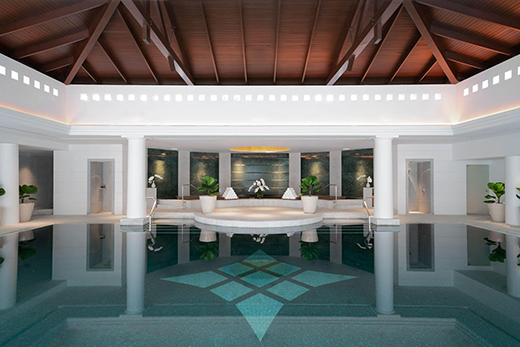
3. What do you think is the most unique thing about Arabic medicine & Zulal Wellness Resort?
Krip: Well, using the indigenous herbs and spices and all the superfoods of the Middle East. This includes figs, dates, olives, honey, all types of seeds, camel’s milk, goat’s milk, and indigenous elements, which are also used to promote the health and well-being of the people. Then comes the environment. I think the world and many people largely misconceive the desert. People generally think that it’s hot and arid and not a pleasant place to be. It’s not like that. It’s quite pleasant, almost year-round, apart from a few months when it does get hot. Especially in the evening, it gets very pleasant and much cooler. And there’s nothing around it. There’s absolutely quiet, peace and tranquillity. Zulal has a beautiful plantation. It is like a little oasis in the desert.
4. Both properties offer a wide range of wellness programmes. Can you name one or two of these programmes that you think are most innovative and are your personal favourites?
Krip: The latest one must be Genomics. It’s about reading the genes and the genetic code of each and every one of us and looking for the mutations or the variations to determine your predisposition to certain types of illnesses, diseases, or any rapid deterioration in your body.
The goal is to devise personalised programmes and treatments to mitigate these risks while also contemplating what the future might hold in 5 or even 10 years. This field goes beyond the present moment; it’s a realm of advanced science. They call it anti-ageing, and we don’t like that term. You don’t want to be anti-ageing; you age nicely. It’s about knowing what you have now, what you might have in the future, and what you can do about it by meeting the genetic code. It is about learning about yourself in the most unique manner. The treatments are given in tune with your body type and genes, which is the right way of doing it. Studying the genes tells you a whole lot. I mean, it doesn’t just tell you about your health. It might tell you how many genes you have from your ancestors from India, or you might be from some of your ancestors, or you might be from somewhere else. It will tell you that you have genes from that country or region.
5. How many days does it take for anyone to complete this study about themselves?
Krip: The test itself is very simple. It’s a cheek-swab test. The results will take about three weeks. A qualified physician will read you the results and discuss whatever solutions or remedies may be available and suitable for you.
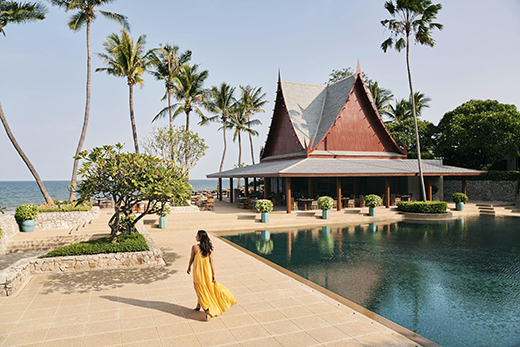
6. You also mentioned the concept of Family Wellness. Please explain that also.
Krip: Zulal is very proud of our Family Wellness programme. We think wellness should be for everyone, not just those who can afford to visit wellness resorts or clinics. It should be built very early in a person’s life, in the formative years, so that it helps build the mindset to go forward with. And it helps you make sensible decisions about your life.
7. How can parents ensure a healthy upbringing for children in the age of junk food and digital distractions?
Krip: The most important trait is to teach children the art of stress management, because as they grow up, it’s going to happen. As our children grow up, pass exams, go to university, and start a career, they will face increasing stress. How do you manage that? And ultimately, how to be at your best every day. And you cannot be at your best if you’re not well; what’s the point of having gone through some rigorous studies? Years and years come, you start a job, and you find yourself suddenly diabetic. We believe that Genomic science can help in studying this aspect as well.
A unified family approach to wellness is particularly heartening, especially considering that 77% of elderly Indians reside with their families, spanning multiple generations. This familial setting fosters an environment conducive to collective well-being and intergenerational learning. Grandparents, with their wealth of experience and stories, pass down invaluable knowledge to younger family members, who, in turn, absorb this wisdom to chart their paths forward. The key to this journey is understanding how to lead healthy lives devoid of chronic diseases and sharing this knowledge within the family unit. This exchange of wisdom creates a dynamic, lifelong bond unique to each family, ensuring a legacy of wellness and harmony.
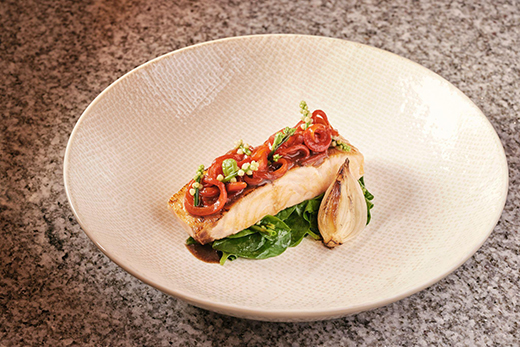
8. Chiva-Som places a high emphasis on sustainability. Can you please elaborate on the same?
Krip: Sustainability is the other issue. We, as one world, are facing critical issues. The World Health Organisation reports that a staggering 99 percent of the world’s population is exposed to air pollution levels exceeding safety limits. Compounding this issue is the increasing proportion of elderly individuals, aged 60 and above, within the global population. Addressing healthcare needs for this demographic presents significant economic challenges, as healthcare costs strain national budgets and threaten long-term sustainability, and a lot of countries are facing that right now. They’re spending a large political percentage of their GDP on healthcare and are now beginning to realise that its no longer sustainable. And we always believe that wellness goes hand in hand with sustainability. You cannot achieve wellness when your environment is toxic.
Global threats such as ocean acidification, food shortages, and dwindling freshwater supplies exacerbate the urgency of this situation. Shortages in freshwater not only disrupt waste management systems but also escalate the risk of disease outbreaks, including resurgent illnesses like cholera.All this will hit us while we’re pursuing wellness, and we’ll just completely disrupt or destroy our efforts.
We treat the basic elements of commodities very seriously, like water. In Hua Hin, Thailand, we’ve always treated our wastewater 100%. And then recycle it to water the plants at the resort. So we use the same water twice and don’t release any wastewater into the public pipeline. Chiva-Som has been using solar energy for water heating for 20 years. That was before it became the buzzword, in a way. But in the Middle East, solar energy is tailored for it, and Zulal will leverage that soon. And apart from that waste treatment, we believe in minimal or no waste, practicing the same and being organic.
9. Organic is the buzzword today. But what does organic food mean?
Krip: Yes, it has become a fancy word to use these days. So we went through an audit by an organisation called the International Federation of Organic Agriculture Movement (IFOAM), based in Bonn, Germany. They audited us for three years. That’s a long time for certification. We are IFOAM certified. When we talk about organic, we mean every ingredient used in our food is organic and wholesome. We’re mindful of our oil usage, preferring healthier options like extra virgin olive oil or tea seed oil, and we use them sparingly, refined sugar, dairy, or gluten. And yet, we can produce the kind of food you would call tasty. Eating good food is a very basic entry into wellness. First thing in the morning, what do you eat? It’s already your first step. Then the rest follows— the movement, exercise, and finding that peace and tranquility.
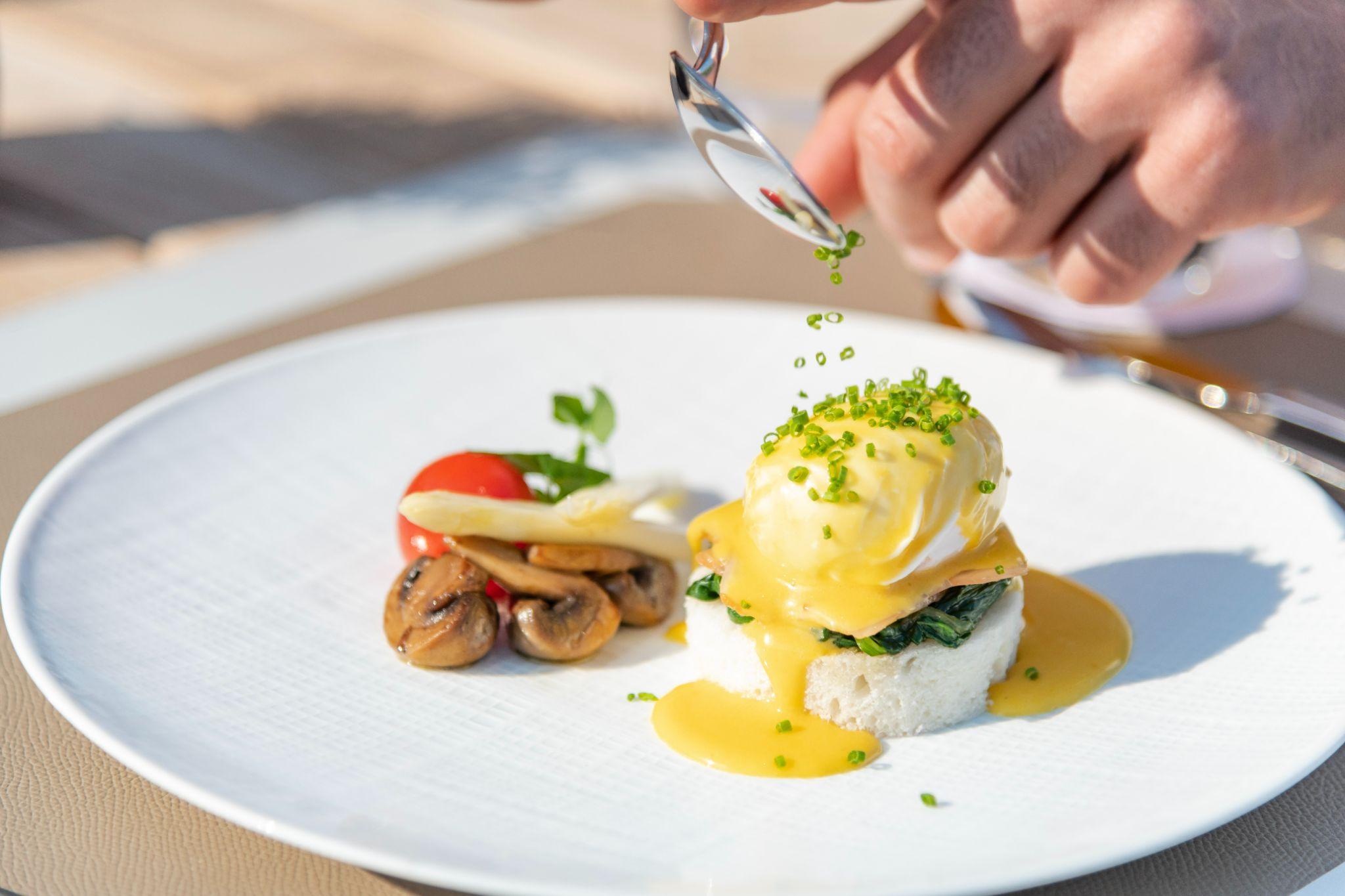
10. I understand, you are the second generation involved in running Chiva-Som. I am interested to know if a wellness lifestyle was an essential part of your upbringing and when your father started Chiva-Som 30 years ago.
Krip: My parents were always interested in pursuing a healthy lifestyle. The place where we are now used to be a beach house. We used to spend our vacations with relatives and friends who also pursued a healthy lifestyle. They ate well and participated in sports such as badminton, tennis, basketball, and jogging. They were already into it at that time. Additionally, they prioritised getting good, deep sleep to recharge for the following week when they returned to work. The fundamentals of healthy living have always been there for my family.
11. Over the past 30 years, the wellness industry has experienced significant changes. Despite this, Chiva-Som has continued to maintain its position as a top wellness destination. What do you believe has contributed to Chiva-Som’s success and longevity?
Krip: We are constantly thinking about the future. What might be the wellness goals in the next 1020 years? And then, most importantly, what are people’s needs in the current society, the world that we live in, and the environment that we’re in? What do they need? And we think about the solutions for that going forward. And the world is rapidly changing. Why shouldn’t we, right? Change is something that we should embrace.
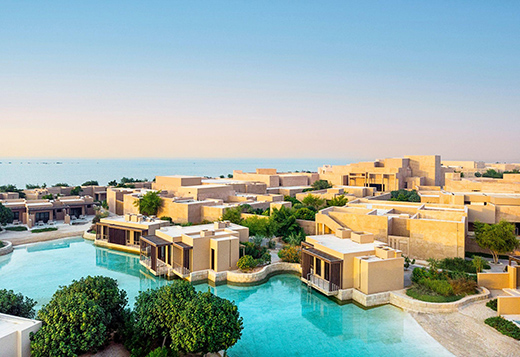
12. Our generation witnessed the COVID-19 pandemic, which has been one of the largest pandemics of our time. As a result, there has been a renewed interest in wellness and ancient practices. Do you agree with this? And how do you see the industry evolving?
Krip: The wellness industry has changed post-COVID. There is definitely an awakening, especially in huge markets, that we’re perhaps not as responsive to wellness as before. It’s really an awakening wake-up call. We have to have wellness. We must have a good immune system to resist whatever it is that might attack next. And you never know what might be the next one or when it might happen. So the best thing is to have wellness and a sound immune system. It’s the way you eat and the way you conduct your life from day to day. And then the understanding, I think, will take people towards wellness. You have to recognise the healing power of your own body and how the body can do that, and please allow it to do that by understanding what it is you have to do.
13. Can you name any Indian practices that are commonly practiced in both locations?
Krip: I love the meditation part. In fact, we have an Indian practitioner. He’s been training me how to meditate. It has really worked for me. When there’s a lot of stress, I know how to handle it better. Especially the breathing technique to handle any sort of stress. It is simply amazing. I highly recommend it for everybody.
14. Any plans for bringing Chiva-Som to the Indian markets?
Krip: Well, it’s always fascinating coming to India—the diversity, not to mention the size. We would welcome opportunities to do something here. It could take many different forms. It could be a wellness resort or a city retreat.
15. The global wellness market is expanding rapidly. What sets Chiva-Som apart from competitors? How will you maintain an edge?
Krip: I think that competition brings quality, and I welcome it. There are other centres of excellence around the world. I know a lot of them personally. And we should all be looking for the best for the clients—potential clients for the world. When we talk about spreading wellness around the world, we should all be engaged in that. We can do it together. I’m not thinking of whether we stay ahead or not, but I just think that together, with all our expertise and experiences that we have acquired over the decades, that can be leveraged for the general benefit of the world population.
